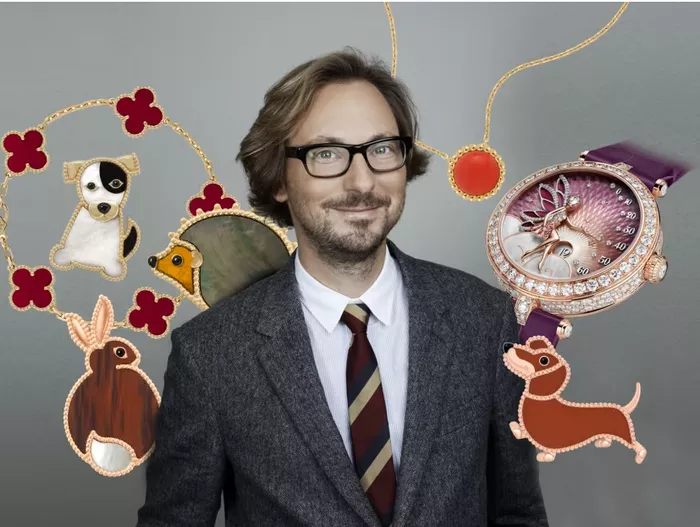Richemont, the Swiss luxury group known for owning brands like Cartier, has appointed Nicolas Bos as its new Chief Executive Officer. Johann Rupert, the group’s chair and controlling shareholder, initially approached Bos for the role, but he declined, enjoying his success at Van Cleef & Arpels, a Richemont-owned jeweller. Under Bos, Van Cleef’s sales more than doubled in five years, according to HSBC estimates.
“When I first asked Nicolas, he was having so much fun growing Van Cleef that he declined the offer,” Rupert shared in May. “That’s the kind of person you want, someone who doesn’t crave power.”
This month, Richemont announced an overhaul of the CEO role, granting more power and oversight over all its brands. Bos, who starts on June 1, will replace Jerome Lambert, who will become Chief Operating Officer. Bos, a well-regarded Frenchman, faces challenges as luxury growth slows and the outlook for the Chinese market remains uncertain.
Historically, major decisions at Richemont flowed through Rupert, with Lambert overseeing smaller brands. Van Cleef and Cartier, the group’s largest brands by sales and profits, reported directly to Rupert. Rupert, now 73, remains deeply involved but has not named a clear successor among his three children.
Bos’ promotion indicates a potential generational handover at Richemont. While Rupert will remain active, Bos will take on more day-to-day management duties. “Succession planning is less urgent now,” said HSBC analyst Erwan Rambourg. “Investors feel relieved knowing there’s a capable leader in place.”
Investors welcomed Bos’ promotion, with Richemont shares rising 6%, extending gains to 27% this year. “He’s dynamic and well-liked, but it doesn’t fully resolve the succession issue,” commented one investor.
Founded in 1988 by Rupert, Richemont grew from a spin-off of his father’s South African group, which had interests in tobacco, financial services, mining, and luxury goods. The Switzerland-based group expanded through acquisitions, including controlling stakes in Cartier, Vacheron Constantin, and Van Cleef & Arpels.
Richemont’s net profits grew from £106.5 million in its first year to €2.35 billion last year, with a market capitalization of SFr76.4 billion.
Bos, with his expertise in jewellery, will be an asset as Richemont’s jewellery sales remain strong. However, he must address challenges such as weaker sales in China and the group’s high-end watches. Additionally, Richemont needs a solution for its loss-making ecommerce business, Yoox Net-a-Porter, and the eventual succession at Cartier.
Bos, passionate about the arts and literature, joined Richemont in 1992, working for the Cartier Foundation and later, Cartier. After Richemont acquired Van Cleef, he helped turn around the struggling jeweller, eventually becoming its CEO in 2013 while also serving as creative director.
“Nicolas has a rare ability to be both creative and a merchant,” said Rambourg. “He can discuss profitability and corporate structure, then seamlessly switch to talking about a new jewellery collection.”
Under Bos, Van Cleef became profitable after about a decade and saw sales reach €3.8 billion last year. Bos’ push into China has been crucial, with the brand now operating over 30 stores in the country.
“Nicolas has proven himself by building Van Cleef into a powerhouse,” Rupert said, expressing hope that Bos’ new role will bring a more traditional structure and added brilliance to Richemont’s leadership.
Rambourg noted that having top brands report directly to the main shareholder was “not healthy” and led to inconsistencies. “This change should streamline operations and should have been implemented earlier,” he added.

